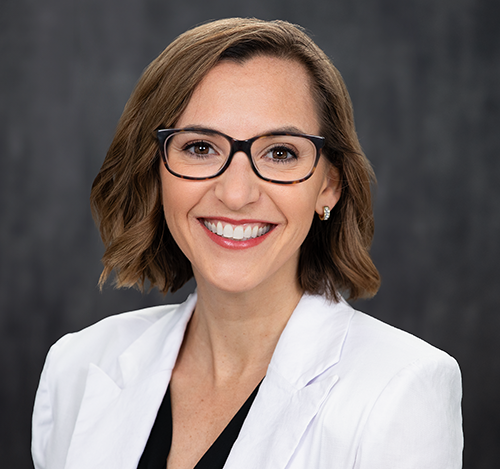Approximately 90% of startups don’t make it to their 10-year anniversary, according to new data from the United States Bureau of Labor Statistics. A key reason? 34% of businesses that fail lack the proper product-market fit.
Most founders know the importance of extensive research into the market, competition and target audience when launching a business. It’s selling 101; first you must frame the product or service as the solution to your buyer’s pain points.
However, it takes tremendous discipline and curiosity to refine that positioning over time, taking into account the dynamics of industry change, new entrants to the market, evolving buyer behavior and so much more.
At CQuence Health, we’re dedicated to shaping the future of healthcare, with a goal to impact 1 billion patient lives by 2030. We know that achieving this vision is only possible through our portfolio companies and the passionate CEOs and founders who lead them. In this blog and video, we are excited to highlight their tireless efforts to achieve product-market fit in hopes of transforming the industry and making a meaningful difference in patients’ lives.
Improving Access to Quality Care
One of the greatest challenges in healthcare today is ensuring access to specialized care, particularly in critical situations. Diego Reino, MD, CEO of Intercept Telehealth, highlights the stark reality:
“In many intensive care units throughout the United States, there are not any board-certified ICU doctors or intensivists. A lot of the care is being rendered by physicians who are either not trained or not qualified to deliver gold-standard levels of care.”
Intercept Telehealth addresses this issue by using telemedicine to connect patients with expert intensivists, ensuring that quality care is always within reach regardless of size or location.
DocPanel is another company rethinking access to specialized care. CEO Nirish Mathias underscores the importance of expertise in radiology:
“Even though you have more than half a billion radiology scans done a year in the U.S., more than half of them tend to get read by a non-specialist. If you miss that one thing or stage a cancer wrong, it has severe outcomes.”
By leveraging technology, DocPanel ensures that the right expertise is available when it matters most, fundamentally shifting how radiology services are delivered.
Enhancing Efficiency in Patient Care
Streamlining patient care processes is another critical aspect of improving healthcare delivery. Blockit CEO Jake McCarley knows scheduling is a common frustration among patients. “The worst thing that can happen is that you're sick and someone hands you a stack of papers and says, ‘Good luck,’” said McCarley.
Blockit simplifies the healthcare navigation process by making it easier for patients to find and schedule the care they need.
Kada Health shares a passion for optimizing patient care. They work with hospitals, health systems and outpatient facilities to enhance operations so providers can focus on what truly matters—patient care.
“We need to continue to strive as provider organizations to make it simple for doctors, nurses, pharmacists, and other caregivers to provide care and spend the absolute most amount of time in direct patient-facing activities,” said Shane Cerone, CEO of Kada Health.
Leveraging Technology for Faster, More Accurate Diagnoses
Speed and accuracy in medical diagnoses can make a life-changing difference. Martin Stuart, PhD, CEO of Mikroscan, illustrates how outdated processes delay critical diagnoses:
“Today, if you're having a surgical biopsy, say for breast cancer, the material is sent to the laboratory, then eventually to a pathologist, and you get the result 5 to 10 days later. And of course, for the patient, that’s a big worry.”
Mikroscan’s technology allows for real-time assessment and drastically reduces wait times — giving patients the answers they need sooner.
Delivering Sustainable Solutions
Beyond patient care, sustainability is a growing concern in healthcare.
“Hospitals generate about 10% of all the waste in the United States. It costs them 50%-60% of their total spend,” said Tim Miller, CEO of WasteMedX.
Not only that, but this waste creates a significant cost for hospitals. WasteMedX helps healthcare facilities reduce these costs while enabling them to maintain their status as stewards of their communities.
CQuence’s portfolio companies are not just improving healthcare – they are revolutionizing it. We are united by a shared vision to improve healthcare access and outcomes whether it's through enhancing access, optimizing patient experiences, leveraging technology or driving sustainability efforts. Together we’re one step closer to achieving our goal–one innovation at a time.
To learn more about the innovative companies in CQuence’s portfolio who are making a difference in healthcare, visit cquencehealth.com/portfolio.


